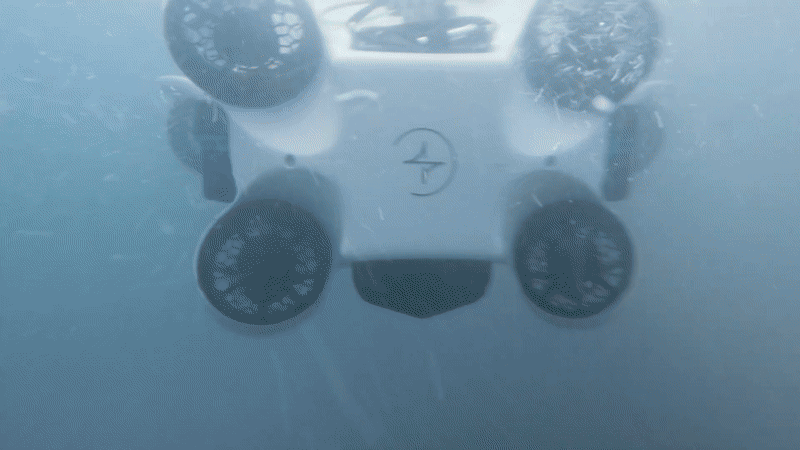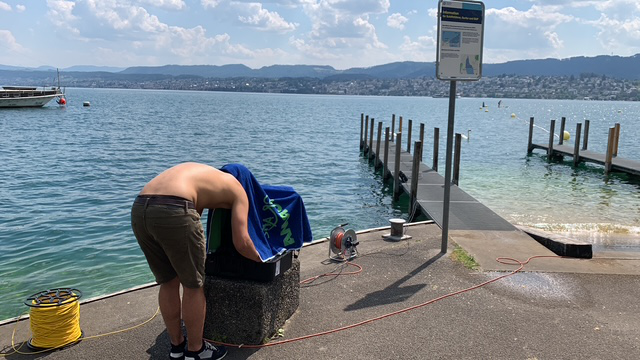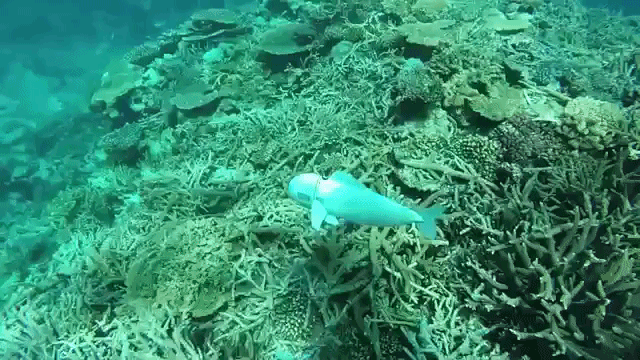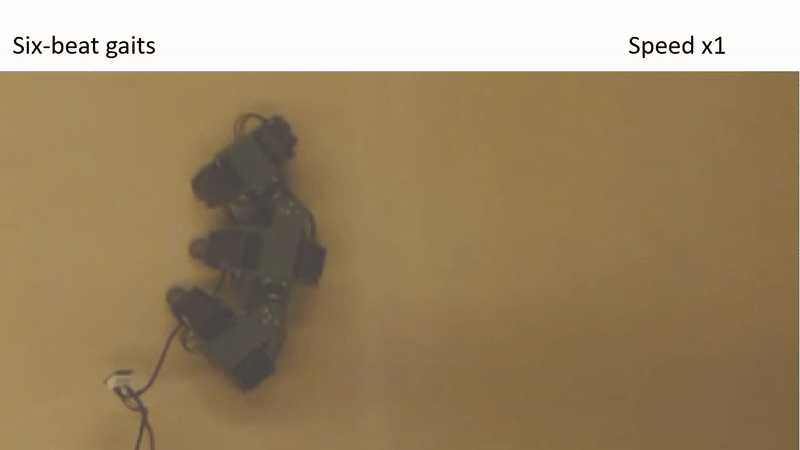Other Projects
A selection of various projects from my research internships or from my old CRAB lab projects.
The main project I worked on when I was part of the PoWeR lab was to develop and tune PID controllers in Simulink for torque tracking during center-of-mass perturbation experiments using Stanford’s open-source Bump’em platform (shown below) to study human balance. On top of that, I assisted with experiments and analysis for such human balance study as well as for a study that aimed to investigate how different spring-like and motor-like torque profiles on bilateral powered ankle exoskeletons (Dephy) affect gait mechanics and walking energy cost in young and older adults.
Tethys is a project at ETH Zurich’s Autonomous Systems Lab dedicated to developing autonomous underwater vehicles (AUVs) for exploration, environmental monitoring, and search-and-rescue missions. During my Summer 2023 research internship, I contributed to multiple aspects of the underwater robot Proteus. Specifically, my responsibilities included: autonomously testing the robot in the wild, designing a self-retracting locking leg mechanism to simplify land-to-water deployment, and designing a soft-robotic tail (high-level) (Tethys was in that period collaborating with Prof.Katzschmann).



The Flexybot project is the result of a collaboration between my mentor Baxi Chong and former MIT PhD student Di Luo, aimed at introducing a novel contact planning framework for multi-legged robots by mapping the planning problem to spin models (Potts and Ising). This enables the discovery of globally optimal gait sequences for complex locomotion. This was my first project in the lab, and my contributions included:
- Mechanical design and prototyping of the hexapod
- Basic control design, robot testing, and high-level analysis
Despite the introductory role, it helped me grasp key concepts of robotic locomotion as well as how to read papers and conduct research projects properly (all things that I am still learning, of course).

I spent my two months of my first summer at Georgia Tech at Domenico Prattichizzo’s SIRSLab at Siena University, while taking two Georgia tech courses.
The project focused on validating the hypothesis that thermal modulation at the fingertip can create the illusion of a broader contact surface, due to the temperature dependence of human skin’s viscoelastic and moisture properties.
My contributions included:
- Designing and assembling a simple custom hardware setup for generating thermal illusions
- Developing feed-back temperature control systems in LabVIEW to enable real-time modulation and targeted haptic perception
- Carrying out literature review and writing a detailed report.